On World Science Day, we celebrate the power of research to build a better world.
Every year, November 10 reminds us how science shapes our lives, from the technology we use to the efforts to protect the ecosystems that sustain us. This year, as climate change impacts become harder to ignore, scientific initiatives like the DFG Priority Programme “Tropical Climate Variability & Coral Reefs” (SPP 2299) feel more relevant than ever. SPP 2299 researchers are digging deep—literally and figuratively—into Earth’s recent and distant past to help us understand and protect tropical ecosystems under future climate conditions.
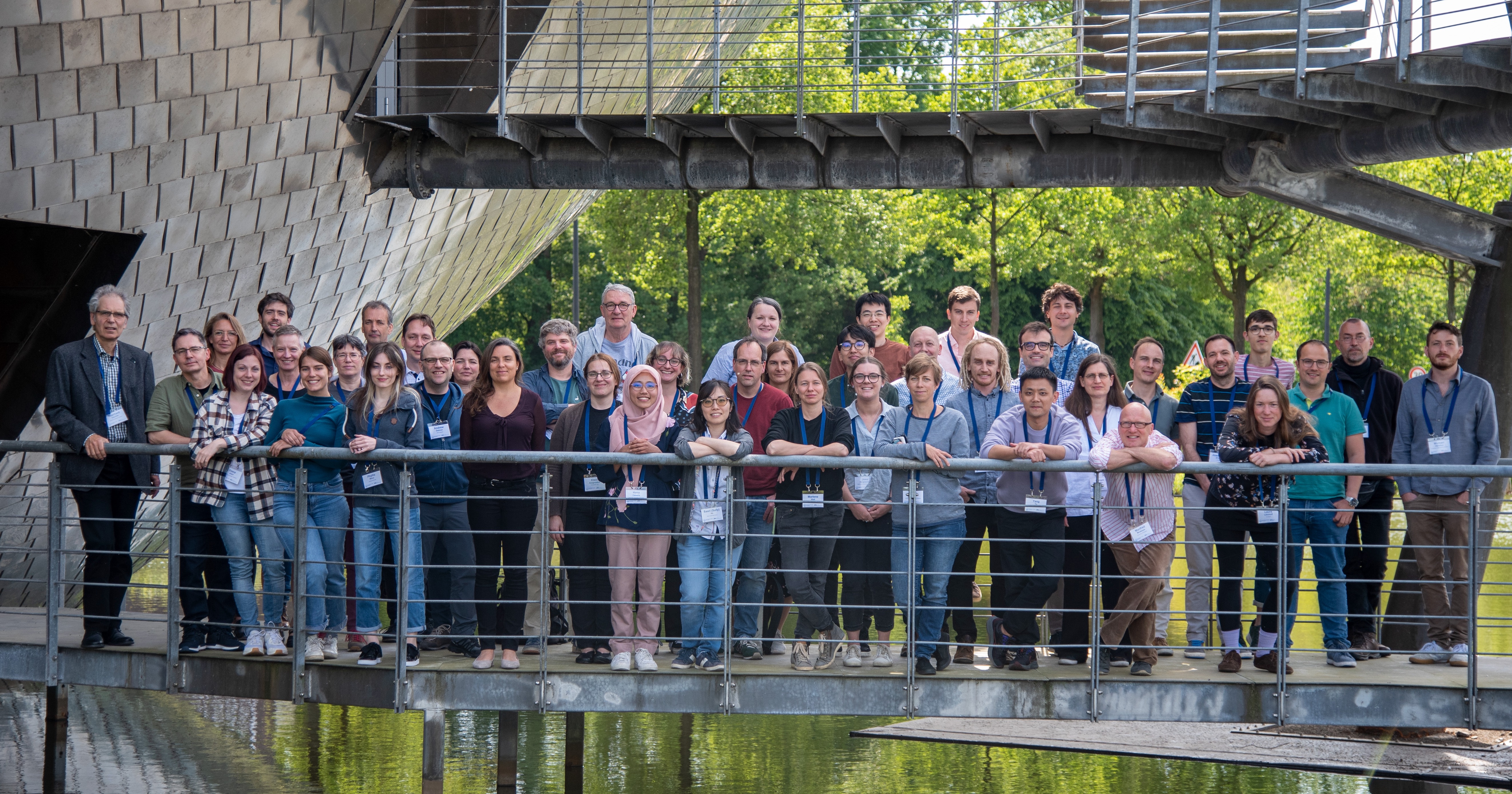
Why Tropical Climate and Coral Research Matters More Than Ever
Coral reefs are often called the “rainforests of the sea” for a reason. They’re vibrant, complex, and full of life, hosting marine species essential to biodiversity. However, with rising ocean temperatures and human pressures, coral reefs are facing severe threats. When corals bleach and ultimately die, we lose marine biodiversity and natural barriers that protect coastlines and support countless human livelihoods.
The tropics are the most diverse region on Earth, home to 80% of terrestrial species and over 95% of the world’s corals and mangroves. Climate variability in these regions affects around 40% of the world’s population, many of whom rely on healthy ecosystems for food and income. While scientists can look to certain regions as analogues for higher temperatures, there is no current equivalent for the challenges the tropics are expected to face in the coming decades. However, corals hold some answers and can be used to develop snapshots of future climate conditions.
The SPP 2299 research programme is dedicated to understanding tropical coral reef ecosystems through several scientific disciplines, from coral paleoclimatology to biology, piecing together clues about past ocean temperatures and environmental responses. This data is invaluable, helping us to create better predictions and develop smarter conservation strategies to protect coral reefs and tropical environments.
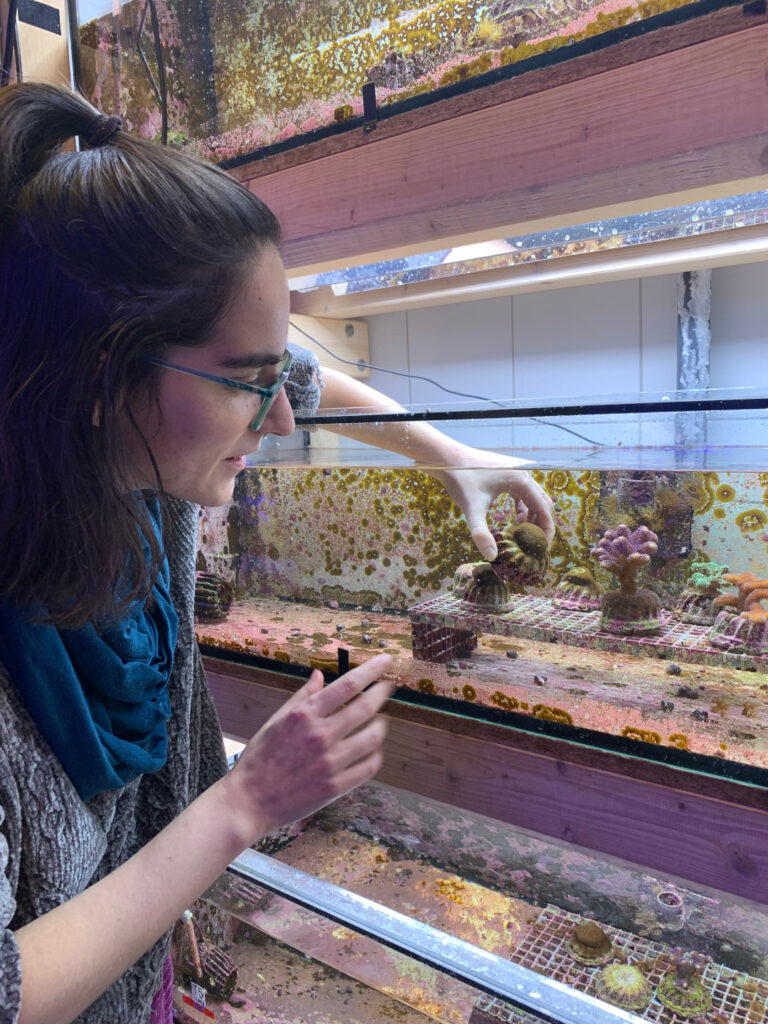
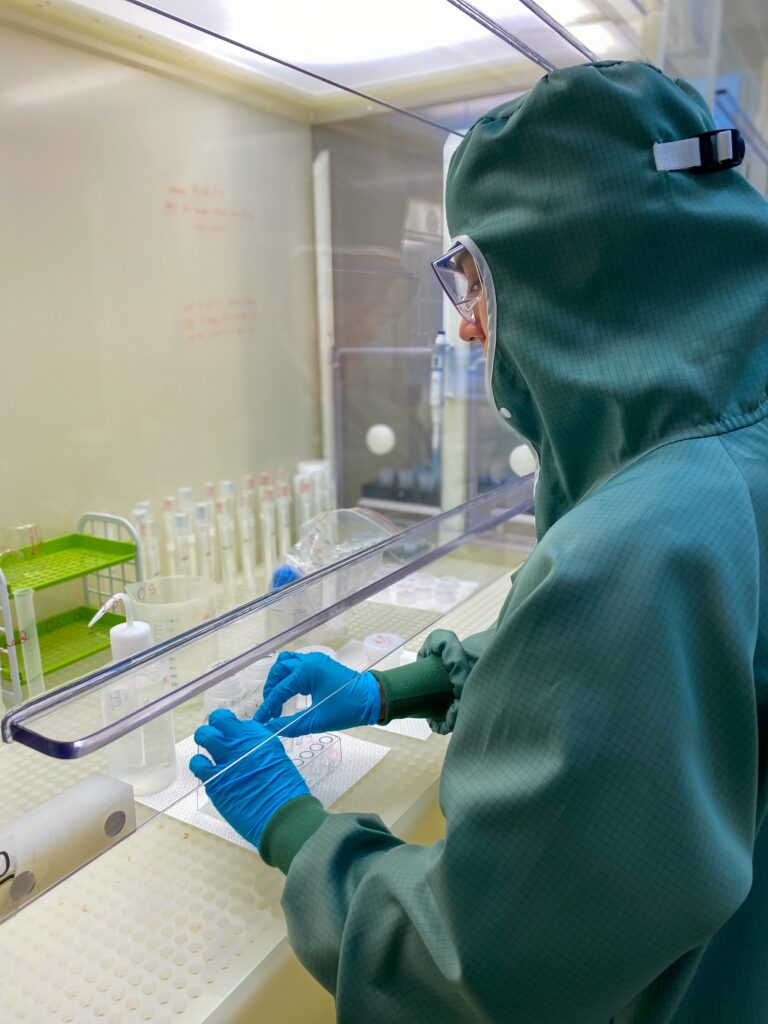
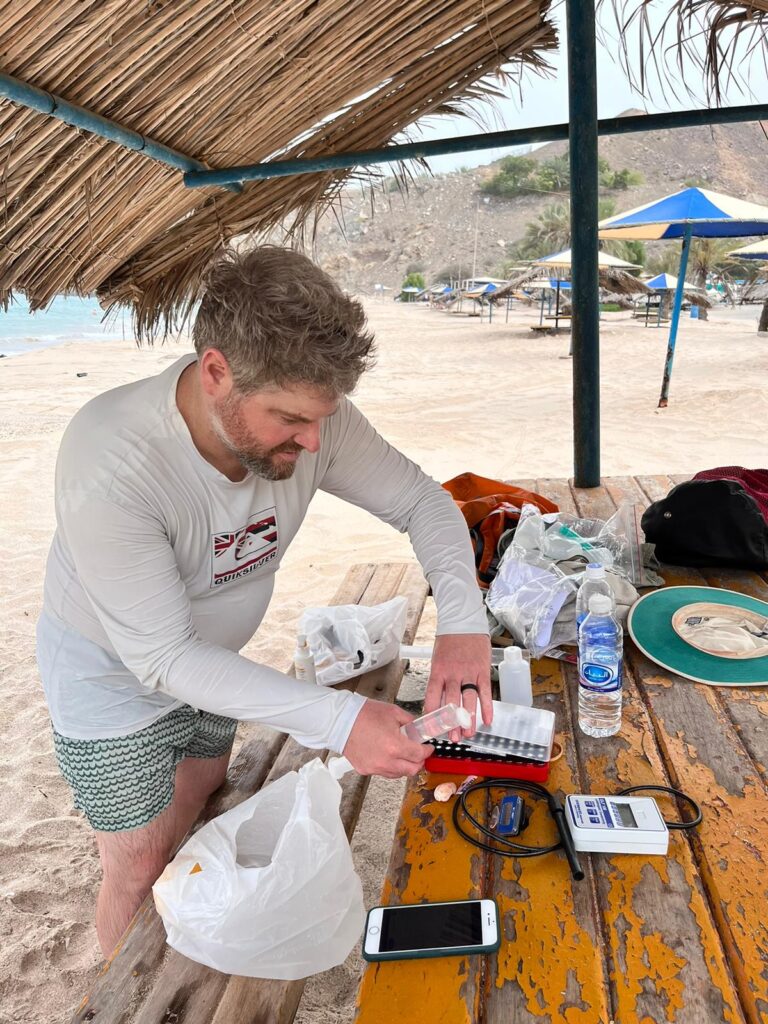
How SPP 2299 is Pushing the Boundaries of Climate and Coral Reef Research
SPP 2299 stands out for its interdisciplinary approach. Climate science is complex, and finding meaningful solutions requires teamwork across fields. That’s why SPP 2299 brings together biologists, paleoclimatologists, climate modellers, and marine scientists to study coral resilience and the impacts of climate change on tropical ecosystems.
For instance, one of the big questions SPP 2299 researchers are exploring is how and why certain corals survive in warmer waters. By understanding what makes these corals resilient, we can apply these insights to conservation strategies that might help other reefs cope with changing conditions.
Another exciting project involves fossil coral skeletons, which serve as a sort of “natural time capsule” for ancient climate data. By studying these corals, scientists can build a clearer picture of past climate patterns and ocean conditions. This research doesn’t just teach us about the past—it provides essential context for predicting what might happen to our oceans in the years ahead.
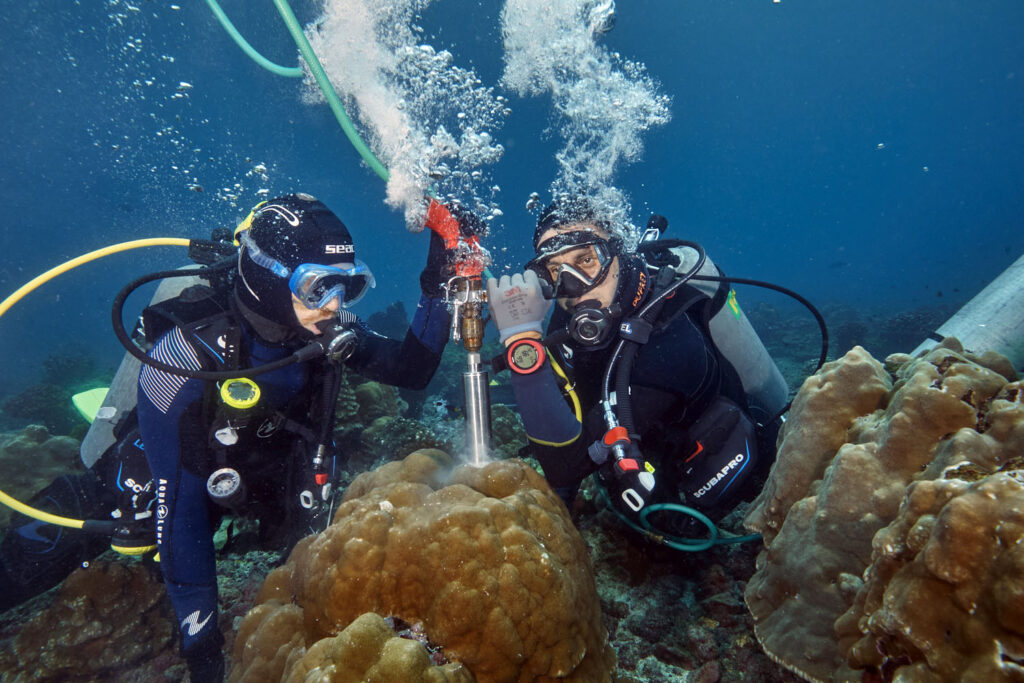
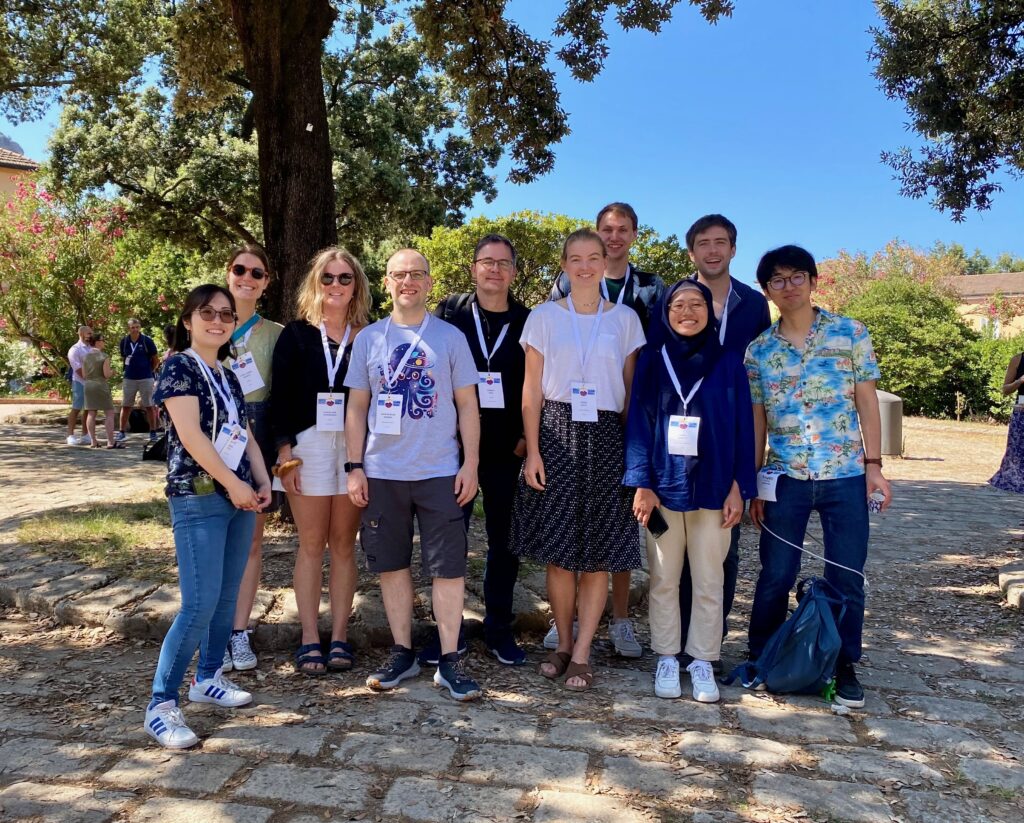
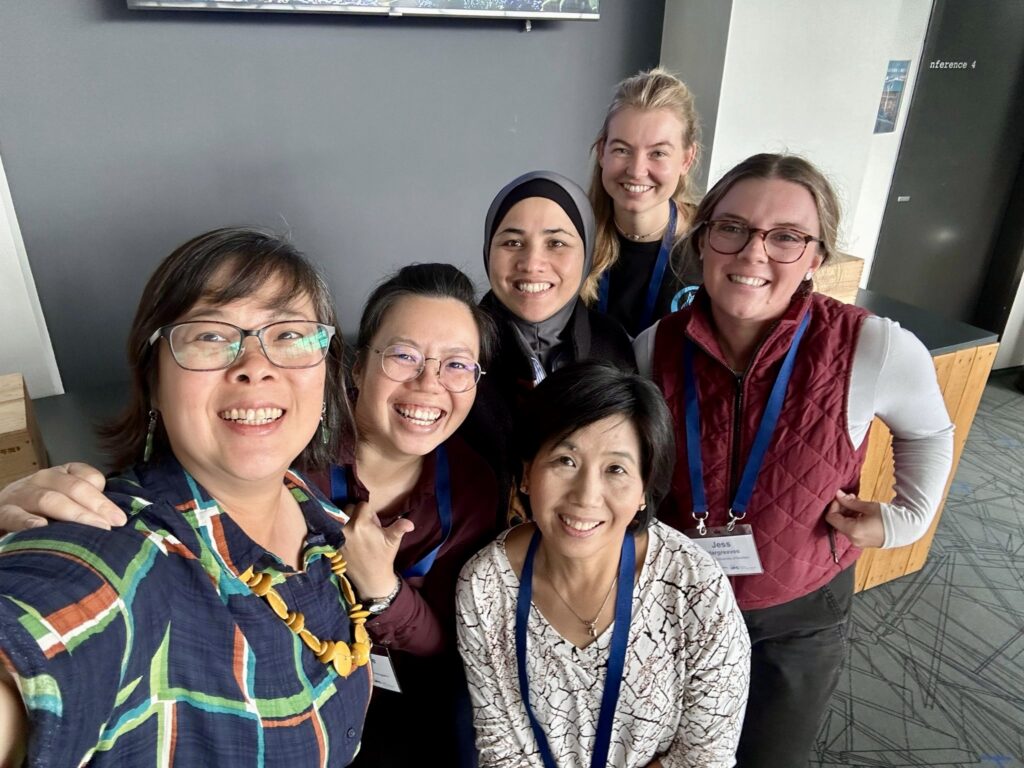
SPP 2299 is also committed to training the next generation of climate and coral reef scientists. Early-career researchers get hands-on experience with experts and learn techniques to help them tackle tomorrow’s climate challenges. With every new researcher who joins the field, we’re building a stronger foundation for future progress.
Celebrating Science for a Better Tomorrow
On this World Science Day, we’re reminded of the critical role of initiatives like SPP 2299. Research into coral resilience and tropical climate change isn’t just about understanding the natural world—it’s about using that understanding to protect it. As climate impacts become more severe, the work of SPP 2299 underscores how important it is to continue climate and ecosystem research.
Our shared future depends on the pursuit of knowledge. With groundbreaking programmes like SPP 2299, we have the tools to inform, inspire, and protect our world for generations to come.
